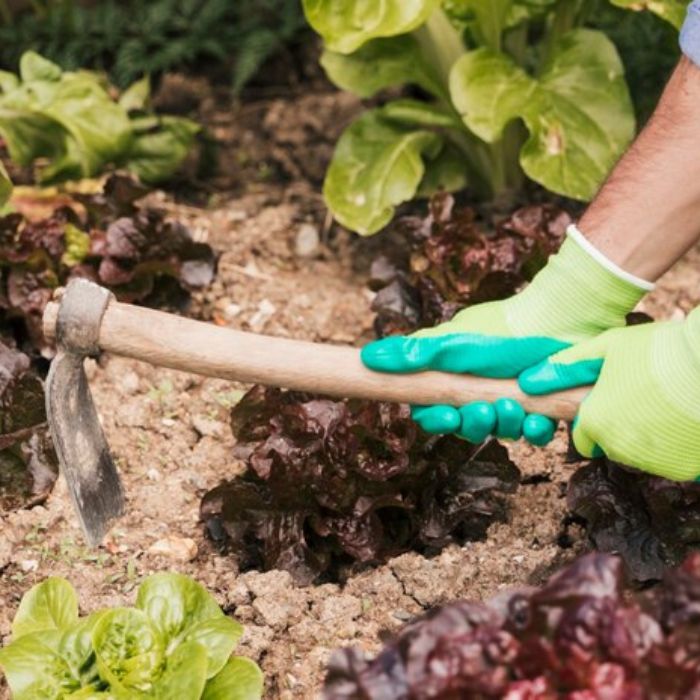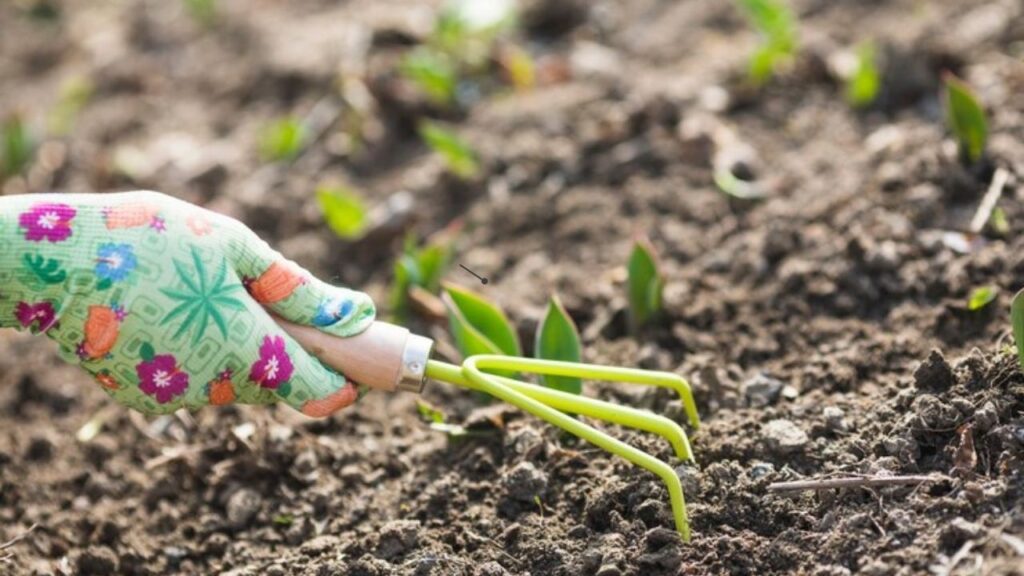Introduction: In the expanding world of agricultural landscape all over the globe, there lies a rich ecosystem beneath our feet. In the layers of soil, lies a whole range of web of ecosystem composing of numerous microorganisms and bacteria’s, proving to be one of the major needed things for the soil health and nutrient in the crops. Soil which is most of the times not paid attention is home to innumerable soil microbes and beneficial soil bacteria’s. The healthy soil microbes and soil bacteria’s are considered to be major part for getting a new dimension to organic farming, developing soil health, maintaining the nutrient cycle and increasing the productivity of the plant. It is a very crucial thing to understand the significance of developing and enhancing the sustainable agricultural practices and maintenance of sustainable development for the
Important Soil Microorganisms
and Soil Bacteria
At a glance, soil many times due to many various man-made and environmental reasons look infertile and lifeless, but when we dwell deeper the whole of microorganisms unfold. Soil microorganisms and bacteria’s like fungi, archaea and other small organisms, are present in every inch of soil in huge numbers. Among these soil microorganisms and bacterias, the numbers of bacteria’s encompassing the soil are much higher with huge diversity available in the soil ecosystem. Some of the important bacteria’s which are considered to be fruitful in adding
nutrients in the soil and crops are as follows-


1. Nitrogen fixing bacteria- these nitrogen fixing bacteria’s are important for converting the
environmental nitrogen into soluble forms which can be easily used by the plants in soluble form and make a healthy relationship with the plant. Example of these nitrogen fixing bacteria’s are Rhizobium, Azotobacter and many others.
Also Read: Organic Market
2. Decomposers- These decomposing bacteria’s are majorly responsible for breaking down
the organic matter into smaller compounds so that the organic matter can be taken by the
plant with help of nitrate and soluble nitrogen. Examples of these bacteria’s are Bacillus,
Clostridium.
3. Actinomycetes- these are basically used in order to help in the process of decomposition
and enhance the organic matter present in the soil, which are also useful in adding nutrient value to the plant and soil. Example of such bacteria is Streptomyces.
Role of Soil Microorganisms in Organic Farming
Organic and Sustainable farming revolves around the concept of organic manure and sustainable development, along with taking care of the upcoming generations. Organic farming supports and encourages biodiversity and sustainability in the agricultural sector. Soil microbes can be considered to be unknown heros in the agricultural ecosystem playing important role in order to give indispensible support in growth of organic crop production and giving nutrient rich crop to
individuals all over the globe.
1. Nutrient cycle- Soil microorganisms and soil bacteria’s are very important they help in breaking down the matter and providing rich nutrients to the plant, by breaking down the organic matter into smaller particles such as crop residue and animal remains into simpler forms which help in the releasing essential nutrients into soil, which are later on taken up by the plant.
2. Maintaining mineralization– with processes like mineralization and immobilization, soil
microbes and bacteria help in ensuring the constant supply of the organic nutrients and minerals, which also help in fostering a healthy relationship between the plant and the soil, without using any chemical fertilizers.
3. Disease suppression- The microbes and bacterias which are present in the soil ecosystem also play one major role in dealing with the diseases which reside in the soil, harming the nutrient value of the soil as well as the plant nutrition. Some of the bacteria’s like mycorrhizae and rhizobia, which form a healthy relationship with the plant, making it difficult for the diseases to reach the root and harm the plant. These bacterias are associated with enhancing the resilience of the plant against the pathogens by outcompeting the harmful microbes.
Harnessing the Power of Beneficial Soil Bacteria
Within the ecosystem of soil microorganisms, beacteria’s hold a major significance for the organic farming practice supporting sustainable development in the organic field. Certain bacteria’s which are collectively termed as beneficial soil bacteria’s show the traits which can be considered to be very advantageous for the soil health and sustainable agriculture.
Soil Health at Pavitramenthe
At Pavitramenthe soil health is considered to be one of the major concerns of the organization and all the concerned stakeholders. Starting from the farmers to the upper management all the individuals are highly invested in the maintained of soil health and the soil ecosystem for availing the benefits of the soil microbes and bacterias in the soil. At Pavitramenthe with our fair for life and fair trade practices, soil health is given utmost importance and appropriateness in order to deal with the problem of bad soil health and fertility issues in the farms. Pavitramenthe with it’s full commitment and vision is working in the direction of the soil health and healthy planet.
Conclusion: In the intricate web of the life which lies in the soil, the upper layer of the planet, soil microbes and beneficial bacterias are the unknown makers of the agricultural ecosystem. In the part of the organic farming the role of bacterias and microorganisms can be said to be indispensible as it usually plays a role in building of soil health, nutrient cycle and enrichment of the nutrients in the crops. As we move forward and talk about the changing climate and environmental hazards which are hampering the soil quality and productivity, causing major problems in the nutritional value for the food and health of the planet and the individuals of the planet together, understanding the need of healthy soil microbes and bacterias is very important. Of we want to move towards a better and healthy well being of the planet, it is very important that we make a healthy relationship with the soil and providing healthy organic matter to the soil and the microbes therewith.

